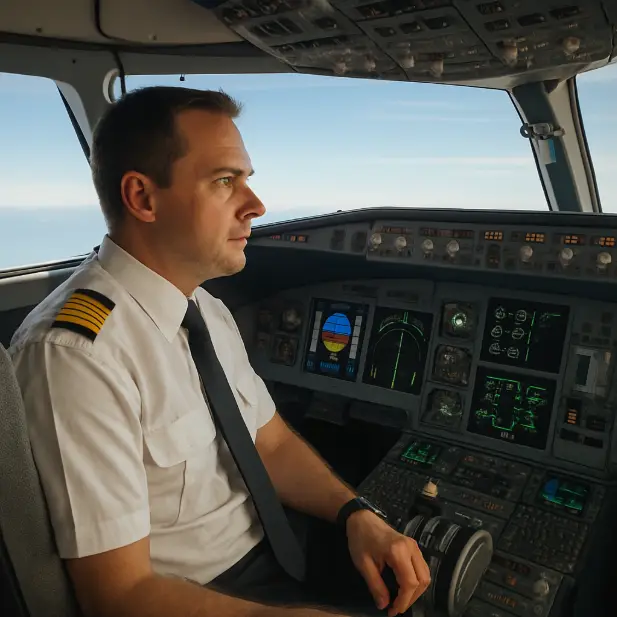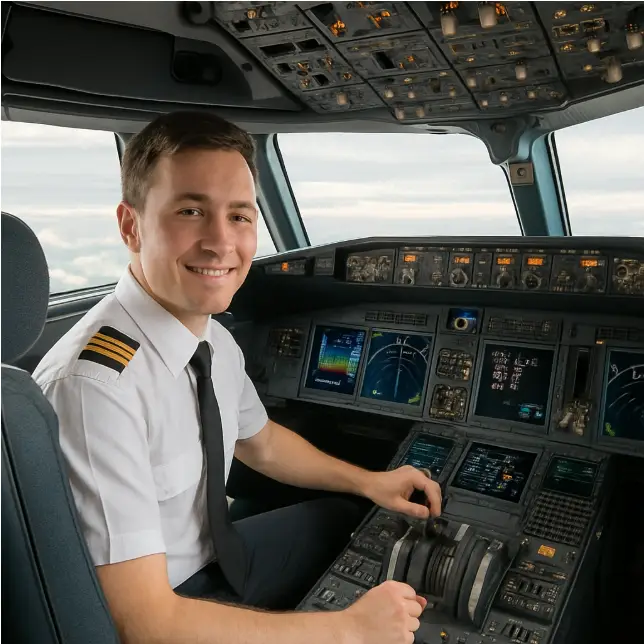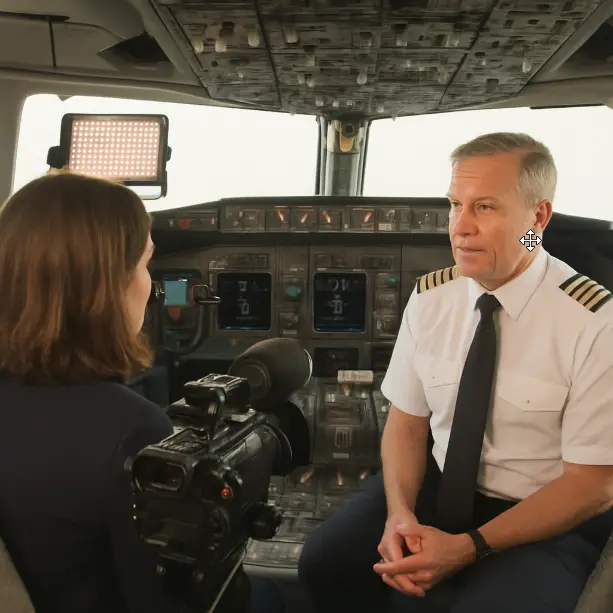Best Airlines to Work after Earning Commercial Pilot License

- aviatorpro_6714
Imagine you’ve just earned your commercial pilot license after years of hard work and dedication. This license allows you to fly aircraft for compensation or hire, opening up a world of opportunities in the aviation industry. Whether you dream of flying passengers to exotic destinations, delivering cargo across the globe, or performing aerial tours, the sky is literally the limit. But with so many airlines and aviation companies out there, how do you choose where to start your career? Picking the right employer is a big decision—it can affect your happiness, career growth, and overall quality of life. This article will walk you through the key factors to consider when choosing an airline and spotlight some of the best options for pilots like you.
What Makes an Airline Great for Pilots
When picking an airline to work for, several things matter. Here’s what to look out for:
Safety First
Safety is the top priority in aviation. You’ll want an airline that puts safety first—with a strong safety culture, well-maintained planes, and thorough training programs. A good safety record means you can feel confident every time you take off.
Financial Stability
A financially healthy airline offers job security. If an airline is profitable and growing, it’s less likely to cut jobs or furlough pilots during tough times. Check out the airline’s financial reports or news about its performance to see how stable it is.
Hiring Policies
Some airlines make it easier for new pilots to get started. Look for ones with pathway programs or cadet schemes that offer training, mentorship, or even financial help. These can be a lifeline if you’re just starting out.
Pay and Benefits
Money matters! Pilot salaries vary a lot—depending on the airline, the planes you fly, and your experience. Beyond pay, check out benefits like health insurance, retirement plans, and travel perks (free or discounted flights, anyone?).
Work-Life Balance
Flying can mean long hours and time away from home. Airlines that offer flexible schedules or generous time off can help you balance work with family or personal time. This is key to avoiding burnout.
Career Growth
You’ll want room to grow. Look for airlines that let you move up—from first officer to captain—or offer extra training and leadership roles. A clear career path keeps you motivated for the long haul.
Top Airlines for Pilots
Here are some of the best airlines to consider, based on pay, benefits, and more:
Delta Air Lines
Delta is a favorite among pilots. Captains can earn over $300,000 a year, and the benefits are top-notch—think health plans, a 401(k) with company match, and profit-sharing. Delta’s safety record is solid, and they invest in their pilots’ growth. A pilot might say, “I’ve been with Delta for over a decade, and it feels like family. The support and benefits are amazing.”
Southwest Airlines
Southwest is all about a fun, employee-first culture. Pilots get competitive pay, profit-sharing, and flexible schedules that help with work-life balance. One pilot might note, “Southwest’s vibe is unbeatable—we’re treated like family, and I love flying to cool destinations.”
Alaska Airlines
Alaska offers great benefits like medical coverage and travel perks, plus a strong management team. Pilots enjoy flying unique routes, like to Alaska or Hawaii. It’s a solid choice for a supportive work environment.
United Airlines
United’s global network means you could fly all over the world. Their Aviate program helps new pilots get hired and grow, with mentorship along the way. It’s perfect if you want variety and advancement.
Regional Airlines: SkyWest and PSA
New pilots often start at regional airlines. SkyWest and PSA offer great training and a path to bigger airlines later. They’re stepping stones that build your skills and experience.
Cargo Airlines: UPS and FedEx
Cargo flying with UPS or FedEx can mean better pay and steadier schedules—great for work-life balance. You might fly bigger planes and go international, which adds excitement.
These airlines stand out for their strengths, but each has its own flavor. What fits you depends on your goals!
Career Paths and Opportunities
Your pilot career has lots of possibilities. Most start as first officers, helping the captain and logging hours. After 3–5 years (depending on experience), you could become a captain—more responsibility, better pay.
Other paths exist too:
- Flight Instructor: Teach new pilots and share your skills.
- Management: Oversee operations or safety programs.
- Specialty Roles: Work in maintenance or tech if you’re into that.
Airlines like United (Aviate) and Delta (Propel) offer programs to speed up your progress. These give you mentorship and a clear roadmap. You could also specialize—cargo flying, remote routes—each offers unique adventures.
Current Trends in the Airline Industry
The airline world is always changing. The COVID-19 pandemic hit hard, cutting travel and jobs. But things are bouncing back—experts say thousands of pilots will be needed soon as demand grows.
Tech is shaking things up too. New planes save fuel, and tools like AI are creeping into operations. Pilots need to keep learning to stay ahead. Plus, airlines are going green—sustainability matters, and you might help by flying smarter to cut emissions.
Knowing these trends helps you pick an airline ready for the future.
Preparing for Your Pilot Career
Getting your commercial pilot license is step one. You’ll train at a flight school, mastering the basics. After that, build hours—maybe as an instructor or flying small gigs. Most airlines want 1,500 hours before hiring.
Networking is huge. Meet pilots at events or join aviation groups to get tips and leads. When applying, expect interviews, simulator tests, and medical checks. Research each airline’s needs and shine in your application.
Conclusion
Picking the right airline can make or break your pilot career. Think about safety, pay, balance, and growth—then match that to your dreams. Whether it’s a big name like Delta, a regional like SkyWest, or cargo with FedEx, there’s a spot for you.
Start researching! Talk to pilots, hit up events, and stay curious. With the right prep and choice, you’ll soar into a career you love. What’s your next step with AviatorPro.com? Share your thoughts below!



